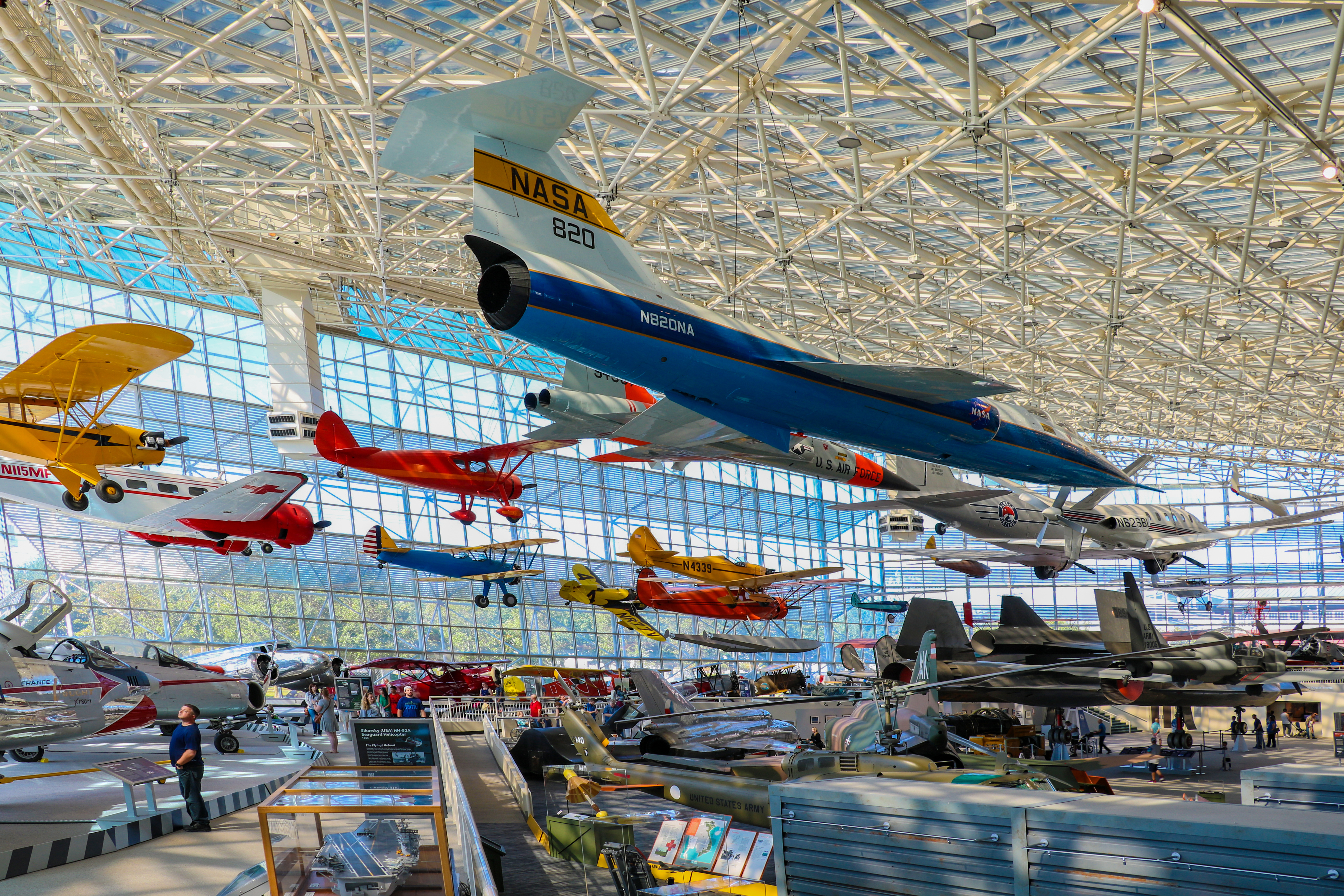
This pathway is a strong fit for students who:
- Have always been captivated by flight, space exploration, and aircraft manufacturing.
- Want to contribute to ensuring safety and efficiency in aviation.
- Envision themselves designing and optimizing systems for aerospace vehicles.
- Thrive on applying engineering principles to solve the complex challenges of the aerospace industry.
- Wish to make air travel more accessible and sustainable.
- Wish to pursue a holistic understanding of how all the various disciplines of engineering are incorporated in the design and development of air and space equipment.
- Material discovery for future flight.
Example Occupations and Common Fields
Example occupations:
- Aerospace Systems Engineer
- Aircraft Production Manager
- Air Traffic Control Systems Analyst
- Aviation Safety Analyst
- Flight Operations Engineer
- Aircraft Maintenance Planning Specialist
- Aviation Logistics Specialist
- Quality Assurance Engineer in Aeronautics
- Aeronautical Data Analyst
- Aerospace Project Manager
- Industrial Engineer
- Manufacturing Engineer
Common fields:
- Aerospace manufacturing
- Defense and military
- Airlines
- Air navigation service providers
- NASA and other space agencies
- Aircraft maintenance and repair organizations
- Airports
Courses and Experiences
Frequently Asked Questions
Do I need a graduate degree specializing in this area to be marketable to the field?
No, but it can enhance your job prospects and earning potential. Many employers value the specialized knowledge and skills a graduate degree can provide.
What are some examples of real-world areas of application?
There is perhaps no better illustration of systems thinking and industrial engineering than the International Space Station, which seamlessly integrates numerous complex systems, from different countries of origin, from life support and power generation to communication and research facilities, all meticulously designed and orchestrated to function harmoniously in the unforgiving environment of space, showcasing the pinnacle of engineering and collaborative efforts on a global scale.
Does this pathway touch on global impact, equity and/or quality of life?
Yes, this field makes a global impact by promoting sustainable and dependable air travel. It also focuses on equity by aiming to make aviation more accessible. With an emphasis on safety and efficiency, it directly contributes to enhancing the overall quality of life. This pathway intertwines technical advancements with broader societal benefits.
From Classroom to Career: Alumni Spotlight
See how our remarkable alumni are using their ISE degrees in this field.
